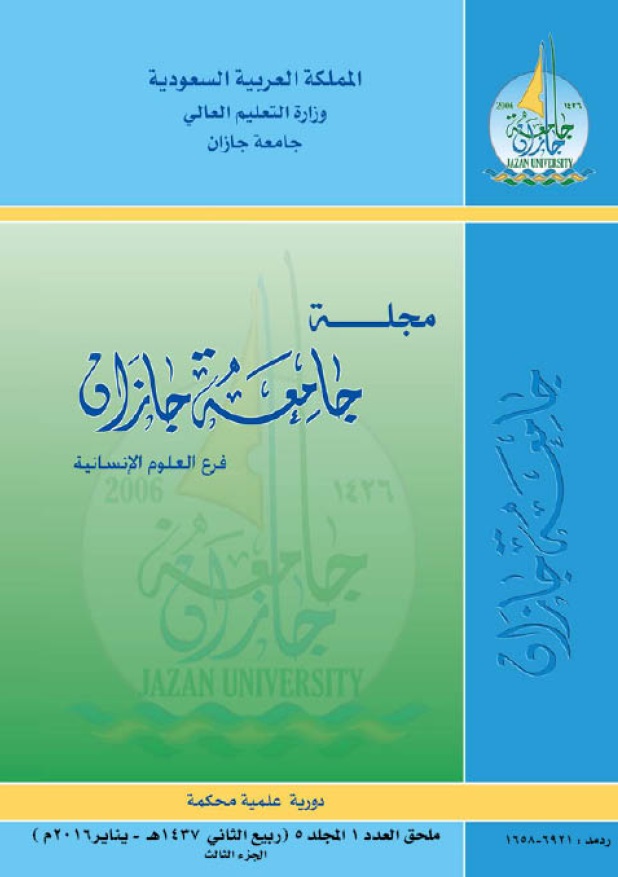The Notion of Content Grading and Sequencing in English Language Syllabi: A Critical Study
Abstract
The current study discusses the question of content sequencing in English language syllabuses following a chronological order. This investigation shows that content grading and sequencing on basis of 'difficulty is agreed upon as inevitable. However, it demonstrates that all claimed problems are paradigmatic but not procedural in origin. The argument is based on the question: the 'difficulty' of what? The notion of 'difficulty' has recently been taken to refer to the complexity of the language learning process per se in the learners' eyes in "naturalistic" acquisition approaches rather than to the language item difficulty as assessed by the language teacher in "traditional" and "communicative teaching approaches. Although some general evaluation criteria were suggested, the complexity levels of the cognitive process of learning could never be recognized and assessed on practical and measurable bases. This critical drawback of the adoption of 'tasks' as the only unit for content organization in pure "process and procedural" syllabuses sparks arguments for a return to a more balanced view which recommends an integration of two or more syllabus types with evenly different philosophical underpinnings in order to meet the demand of optimal content gradation. This provisional solution may well prove challenging as language teachers and syllabus designers are not expected to make it easily into apparently opposing theories.
Downloads
Downloads
-
PDF (Arabic)
5
7
Published
Issue
Section
License
Copyright (c) 2024 CC Attribution 4.0

This work is licensed under a Creative Commons Attribution 4.0 International License.





